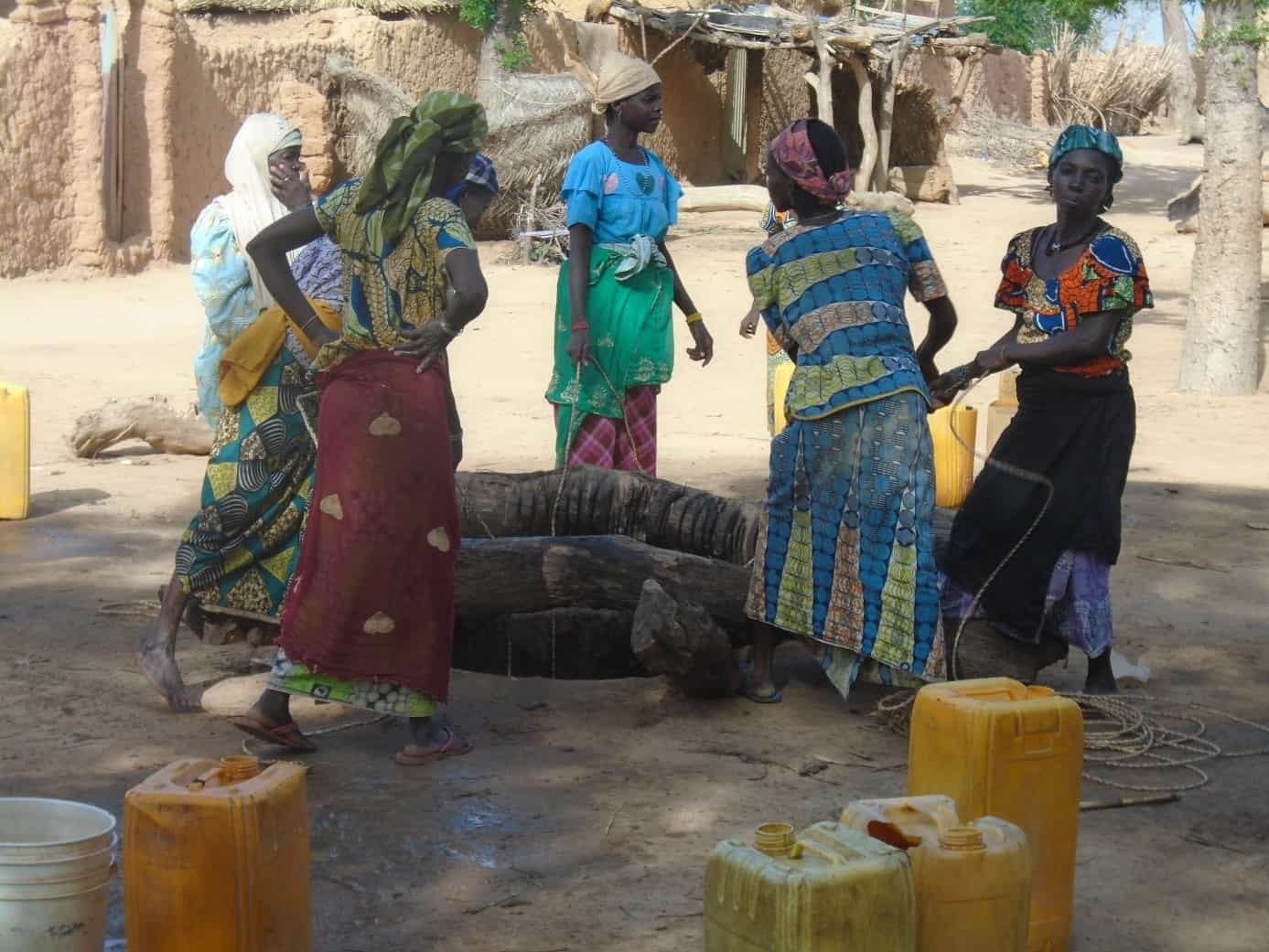
EVELYN Evaluates Food for Peace Projects in Niger
This summer the Evaluation and Learning Mechanism (EVELYN) began end-of-project performance evaluations of three USAID Food For Peace (FFP) development assistance projects in Niger. The three projects, known as LAHIA, PASAM-TAI, and Sawki,1 sought to reduce food insecurity and malnutrition among rural families in the Zinder and Maradi regions of Niger, which suffer among the highest rates of poverty in the world.
A baseline population-based-survey (PBS) was conducted in 2013 of 7,200 households within villages where the three projects planned to conduct activities to reduce malnutrition, poverty and food insecurity.2 EVELYN followed this with an end-line PBS in 2017 of 5,460 households in villages where the three projects were scheduled to complete their activities. The comparison of baseline and end-line PBS indicators will determine whether beneficiary well being has improved over time.
The PBS data were complemented by the work of three performance evaluation teams, led by senior evaluation specialists, both expatriate and from Niger. The teams conducted more than 100 key informant interviews and focus group discussions with project staff, beneficiaries, and other stakeholders in selected villages that were supported by the three projects. The qualitative information collected by the teams is designed to improve understanding about what contributed to the outcomes observed in the survey data.
EVELYN will analyze both the quantitative and qualitative data to develop integrated findings, conclusions and recommendations designed to help FFP and its implementing partners to improve future development assistance programming. The report, to be completed in early 2018, will assess whether the projects have met their targeted outcomes in terms of improvements in beneficiary well-being, as measured by reductions in underweight, wasted, or stunted children, increases in crop yields, and other indicators.
ME&A holds the two-year, $20 million EVELYN contract with USAID’s FFP Office to conduct population-based surveys, performance evaluations, post-project evaluations, impact evaluations, process evaluations and thematic studies designed to help FFP improve future programming. ME&A’s subcontractors are ICF International, NORC at the University of Chicago, Abt Associates and TANGO International.

1 Livelihoods, Agriculture, and Health Interventions in Action (LAHIA), implemented by Save the Children and its partners; Programme d’Appui à la Sécurité Alimentaire des Ménages (PASAM-TAI), implemented by Catholic Relief Services and its partners; and Sawki, implemented by Mercy Corp and its partners.
2 The baseline PBS was conducted by ICF International, which subsequently joined the EVELYN consortium.

